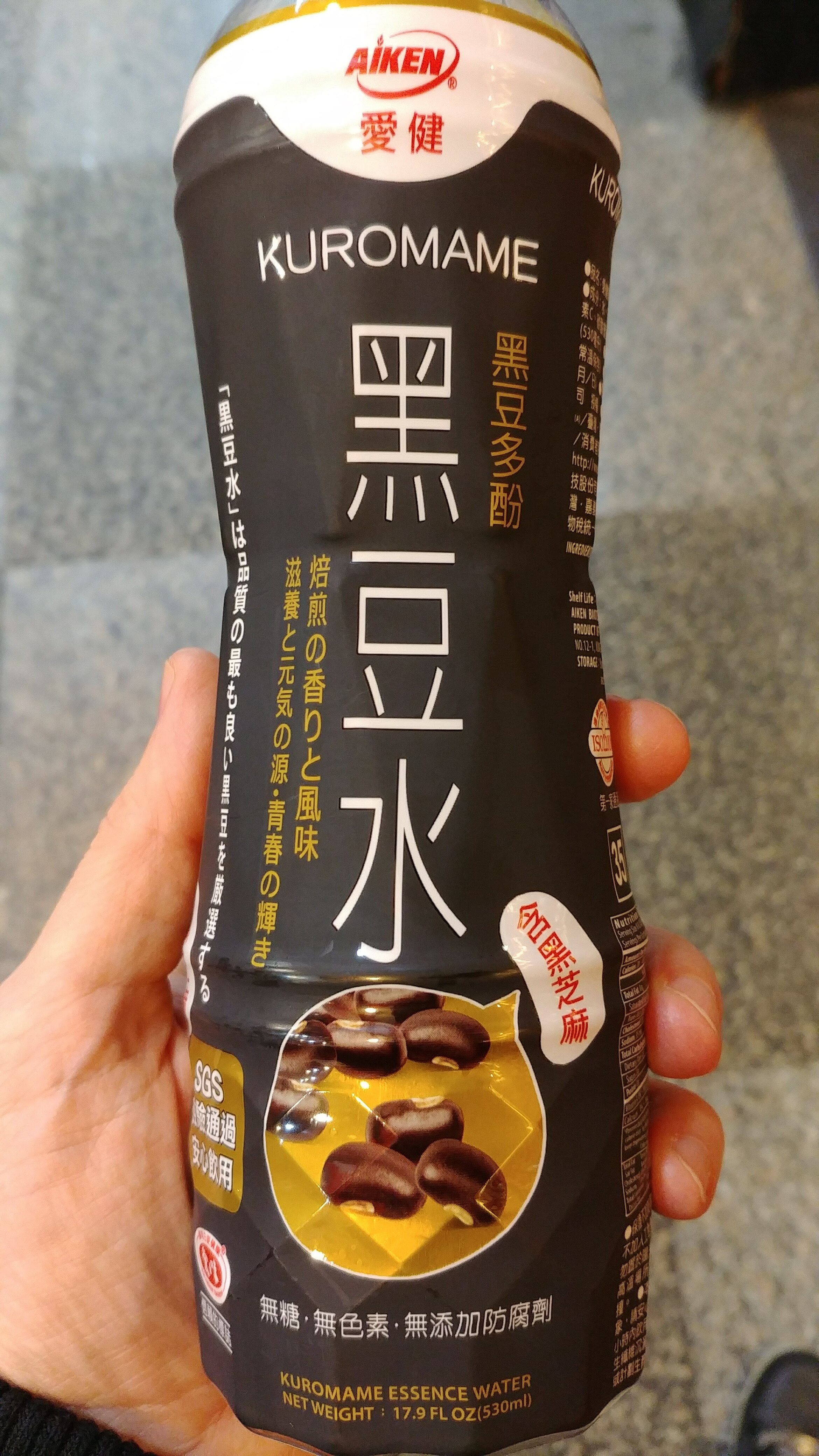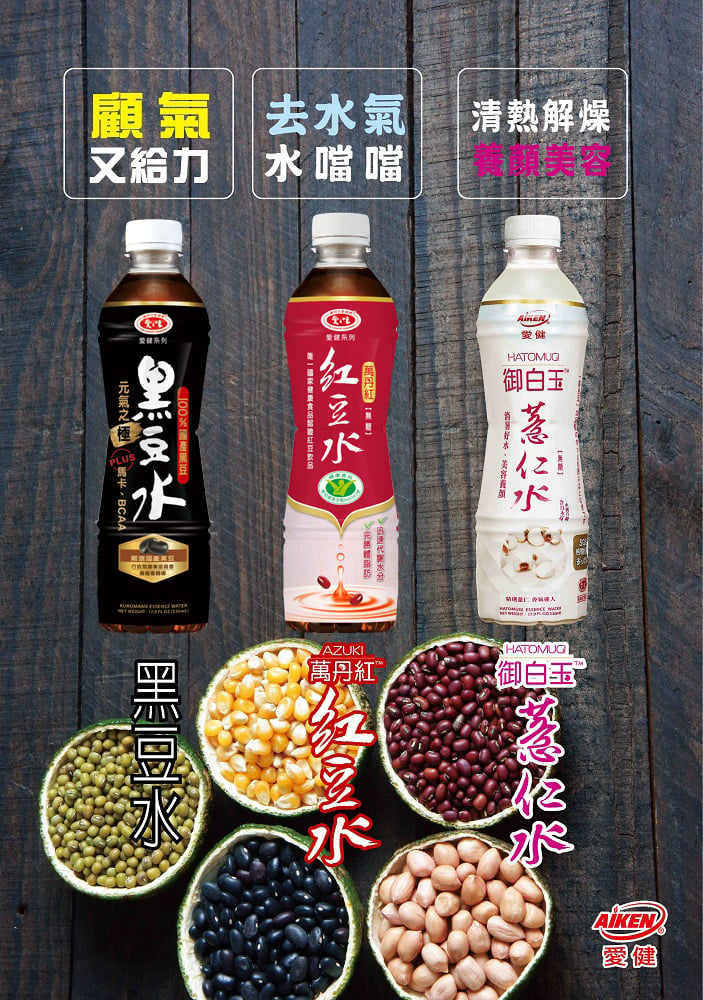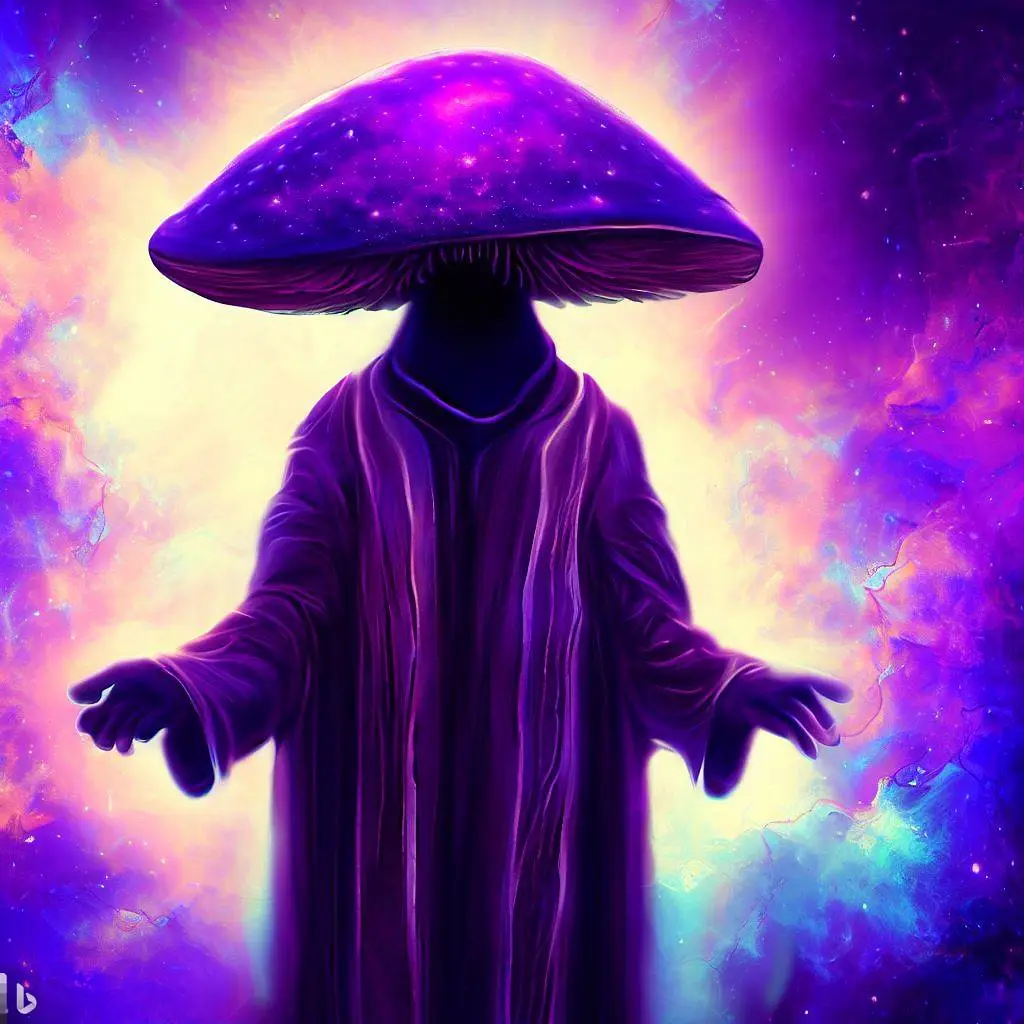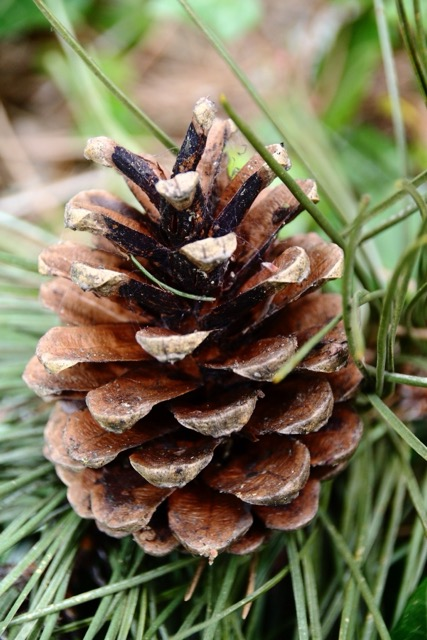Why doesn’t this exist?
Take dried beans, roast 'em, grind 'em, and brew some bean juice?
I have no idea if it would taste good or not, but we don’t know if we don’t try.
Edit: I need to see what dried beans I have and maybe go shopping. I will give this a try with a couple different types of beans and report back if I fart or not.
Ignoring the fact that coffee beans aren’t beans, for the same reason we don’t make tea with just any leaf. Someone braver than you tried it and it was disgusting.
We do make tea with a lot more plants than people realize though.
Absolutely that’s why I didn’t specify a leaf type. Probably could have said poison ivy and been fine though
Anything is edible. Once.
Dont they make Tea out of stinging nettles or something?
I’ve tried hibiscus tea which is nice even without the sugar.
Nettle tea is delicious.
No, tea is the name of the plant. If its not made from tea leaves its not bloody tea!!
I’m gonna go and brew myself a nice and relaxing lavender verbena tea.
You can have the “bloody tea” yourself (which sounds disgusting btw I’d prefer my tea plant based, thank you very much).
Tea is just blank blood diluted in water
Oh apologies Commissar, I didn’t realize! I’m just a poor American coffee drinker.

Or toxic! Don’t forget toxic.
Or even psychedelic. Don’t think I need to say not to forget it, because I’m sure you won’t be able to 🫠
Tisane to be pedantic
Coffee isn’t a true bean—it’s more closely related to gardenias.
Just to piggyback on this. The simple truth is that lot of things are just called things because they resemble other things, either in form or function.
Coffee is not a bean; beans come from legumes, coffee fruit seeds are roughly bean sized and shaped.
Cacao and vanilla are also not legumes.
The peanut is a legume like beans and peas, but the it’s fruit treated like a culinary nut.
Cashews are not true nuts. They Grow outside the actual fruit.
Nut milk and butter do not come from mammary glands.
Tea is made for the leaves of the tea plant (Camellia sinensis), which is a shrub or small tree, but many infusions of dried plant matter are often referred to as teas. The Tea Tree (Melaleuca) of oil fame is a different plant entirely. It got its name because some sailors made a ‘tea’ from its leaves after they ran out of real tea leaves.
Currants (genus Ribes) are actually named after raisins. Raisins of Corinth were small raisins that were produced and exported from… well… Corinth. Over time ‘Corinth’ morphed into ‘currant’, they dropped the ‘raisins of’, and the local small dryable fruit started being referred to as a currants too. Eventually, production of the tiny raisins migrated to other parts of Greece and some smart guy thought “Hey! Let’s market these fancy tiny raisins that we are importing from Zante (the greek island Zakynthos) by calling them Zante Currants to distinguish them from the common local currants.
And many “flowers” are not flowers at all. Poinsettia is the first one that comes to mind, but there are lots of them.
Thank you for adding this. Lots of fascinating info. TIL!
Interesting, but the all-knowing Wikipedia seems to agree with you:
From https://en.wikipedia.org/wiki/Coffee_bean:
Even though the coffee beans are not technically beans, they are referred to as such because of their resemblance to true beans.
I’m still tempted to try this, though.
Do not do this with dried beans. Most dried beans are toxic and need to be soaked and boiled for about half an hour to become edible.
From the Wikipedia page for kidney beans:
As few as five raw beans or a single undercooked kidney bean can cause severe nausea, diarrhea, vomiting, and abdominal pains.
Instructions unclear, made chili
A lot of things in botany have similar names, but are totally different things. A “strawberry” is a berry only by names (it’s closest relative is the hazelnut, IIRC), a “peanut” is no nut, either.
So it should not surprize when one learns that the Cofea plant is a Rubiaceae family plant, not a Fabaceae/Leguminosae family plant, i.e. what we commonly call “beans” like green beans, peas, or, amazingly, peanuts. It is just called a “coffee bean” because it reminded someone back in time of a bean, shapewise.
The question still stands… Where is my hot green bean juice?!
Have you tried making it yourself? Try roasting and grinding some dried peas or lentils, and report back how you liked that “bean-coffee”. Nobody is going to stop you. Do it FOR SCIENCE!
Everywhere if you’re determined.
So if it’s not a bean, what is it? It’s not the fruit, so is it the seed?
IIRC its more like a pit than a seed, but yeah
It actually is the seed of the coffee plant.
A vanilla soy late is actually a 3 bean soup.
Unfortunately only in culinary terms, as neither vanilla nor coffee beans are true beans
My taste buds disagree that this is “unfortunate”.
The vanilla plant is an orchid and not a bean.
coffee is a seed, not a bean, pulse, or legume.
Coffee “beans” are closer to cherry pits than any real bean.
What about toe beans?
Their beauty is beyond compare.
They aren’t close to cherry pits at all.
We do in some cases, you’ve basically described hot coca for instance. But yeah, you might be onto something, roast up some kidney beans and see what happens.
Cocoa comes from a seed, not a bean. https://en.m.wikipedia.org/wiki/Cocoa_bean
Beans are a particular type of seed.
Coffee is also a seed, not a bean.
Wait, are cocoa pods beans? What even is a bean?
Ur a bean
a hooman bean
https://en.m.wikipedia.org/wiki/Bean
Bean is admittedly a bit of a fuzzy term. Coffee beans are not technically beans, and probably wouldn’t be very good in your chili.
I drank it in Taiwan among other very low sugar juices that I prefer over plain water. It’s just one of many drinks made from ingredients we never thought of, like mushroom drinks and cereal grain drinks. The bean drink must have been forgettable enough that I can’t describe the taste after four years away.


Just wanted to add that tea with black beans, red beans, roasted barley, roasted rice etc are common in Japan. I assume Taiwan has the same, judging from the drinks posted above (the label even says the Japanese name in roman letters).
Barley tea is delicious.
but we don’t know if we don’t try
Someone probably already tried. Every time you are asking yourself “am I the first one to think of x?”, the answer is usually no.
Maybe after imperialism / colonialism re: tea and tobacco, folks were less inclined? Or they kept it on the DL.
Less inclined to what, experiment with food? Sounds unlikely to me.
Trade / share the knowledge.
You should know that undercooked beans can be poisonous, and it is best to soak them before cooking.
If you do try this please prepare the beans properly first.
Tf?
I strongly suspect that many of these things have already, uh, been tried.
As for those that clearly made it through at least one round of testing, a self-styled “Weird Explorer” has a YouTube series called “That’s not coffee” where he - and occasionally a friend or two - reviews some of them.
Not sure if there’s anyone on there who has tried roasting and grinding other sorts of beans for science though. The closest I can think of is the various creators making tofu alternatives from beans that aren’t soy, which kind of turns the whole thing on its head: Could you make a tofu from coffee beans? (I’m guessing not, but that’s another for-science idea.)
Because we’re not criminally insane.
But since we’re on this fascinating topic, here’s a Youtube video about other things people have tried to substitute for coffee during the American civil war. (Hint: not beans.)
ITT: Because it would be
 and possibly poisonous.
and possibly poisonous.We have coffee. We have tea.
I assume humans have run hot water through every conceivable plant grounds to see what it would taste like.
It would suck if poison ivy tea tasted really good













